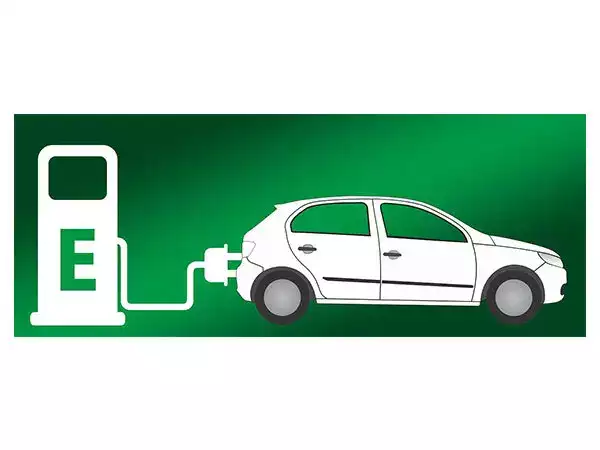
The stiff resistance from local incumbents and their aggressive positioning across ministries dealing with automobiles-related issues — from heavy industries to road transport and commerce and industry — is also expected to result in a dilution of benefits for electric vehicles that were proposed under the free trade agreement with the UK, sources privy to the discussions told TOI.
The EV policy, seen to have been tailored to Tesla’s requirements, has seen the Elon Musk-run company stay away from India as it is grappling with its own problems, and pressure from China. Others have cited multiple lacunae — from high level of investment to local sourcing requirements and “onerous investment commitments” — to argue that the policy was not a privilege being extended to them.
Several overseas companies, which are already in India, want their past investments to be recognised, saying they cannot make a new factory just to be eligible for benefits under the EV policy. “So far, we have not heard much from the companies on the EV policy and investments. The chances look grim, though we are still hopeful and are maintaining dialogue with companies wherever required,” a govt official said.
The lobbying against EVs is led by Maruti Suzuki and Toyota, which together control more than half the car market and account for bulk of the hybrid sales, where they are allies. The Japanese companies are believed to be working behind the scenes, both at the Centre and at the state level, to ensure that hybrids get the same policy regime as electrics. Besides, Tata Motors and Mahindra have argued that by allowing lower duty imports, even at the so-called upper end of the market would adversely hit their plans and investments, a top govt source told TOI.
Disclaimer: The copyright of this article belongs to the original author. Reposting this article is solely for the purpose of information dissemination and does not constitute any investment advice. If there is any infringement, please contact us immediately. We will make corrections or deletions as necessary. Thank you.





